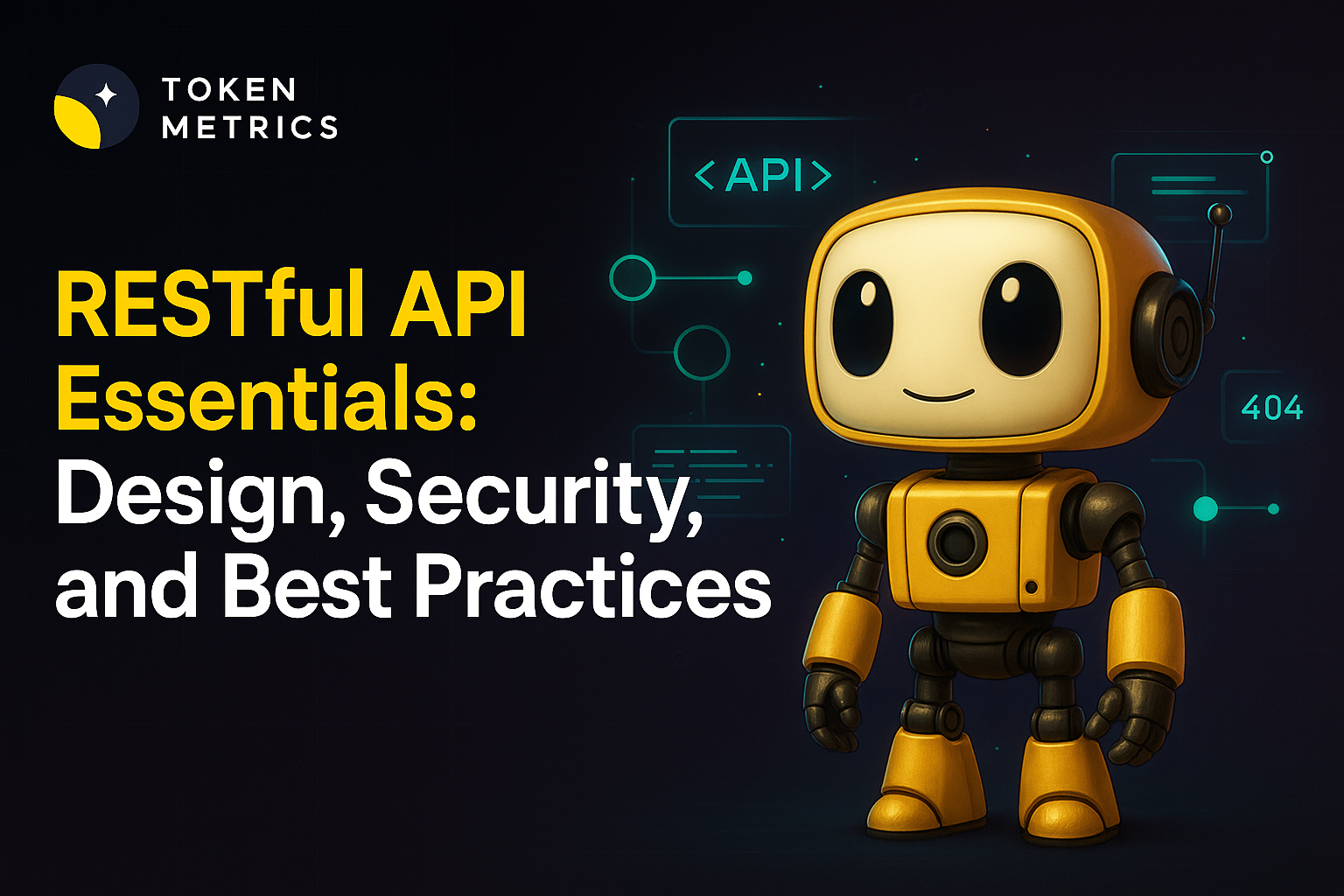
Is Solana Dead - Complete Analysis for SOL Investors

Solana has been making headlines ever since its introduction to the crypto space. With its high-speed, low-fee infrastructure, it promised a revolution in the decentralized application world. But as with all technological advancements, there come challenges and roadblocks.
In 2023, the question on many investors' and enthusiasts' minds is, "Is Solana dead?" Let's dive into an in-depth analysis to answer this question.
The Rise and Fall of Solana
Solana entered the crypto scene with the promise of providing a scalable and efficient solution to the limitations faced by Ethereum. Its performance from inception up until 2022 was nothing short of spectacular, with growing adoption and numerous DeFi projects launching on its platform.
Its success even posed a challenge to other well-known online platforms. However, like many tech stories, it wasn't without its problems. There were times the system didn't work as smoothly, and other new platforms began to emerge as alternatives.
Factors Contributing to the Decline of Solana
To gain a comprehensive understanding of Solana's current position in the crypto landscape, it's crucial to understand the factors that have made a negative impact on Solana’s overall growth. Let’s shed a light on the underlying reasons for its decline -
Economic Shifts and Monetary Policy
Solana's downturn since the beginning of 2022 has been pronounced, with CNBC highlighting a loss of over $50 billion or a 30% decline in valuation. One significant factor is the broader economic environment.
The Federal Reserve's decision to end its long-standing low-interest rate policy and consistent liquidity support has reshaped the economic landscape, making it more challenging for all cryptocurrencies, including stalwarts like Bitcoin.
The ensuing bearish market trends, coupled with shifts in investor sentiment towards riskier assets, have directly impacted Solana's valuation.
Technical Challenges and Rising Competition
Solana has faced its share of technical issues. Glitches and network outages have raised questions about its reliability, affecting user and developer confidence.
Moreover, the blockchain space is witnessing a surge in competition with new platforms entering the fray. Many competitors introduce innovative features, offering alternatives for users and projects, adding to Solana's challenges.
Market Perception and Unrealistic Expectations
The general market sentiment towards newer technologies has shifted to a more cautious stance. Additionally, the immense hype surrounding fresh tech solutions often sets high expectations.
In cases where Solana didn't meet these standards flawlessly, even small setbacks took a toll on its reputation, leading some to question its potential for long-term success.
Project Migrations
Solana's ecosystem has seen notable projects migrating to rival platforms. High-profile NFT collections like y00ts and DeGods shifted their bases to Polygon and Ethereum, dealing a significant blow to Solana's credibility and raising concerns about its future in the crowded crypto arena.
Controversial Endorsements
Endorsements play a pivotal role in a project's success, and Sam Bankman-Fried's association with Solana has been both a boon and a bane.
While his early support and FTX's open endorsement bolstered Solana's image initially, controversies surrounding FTX and its aggressive investor courting strategies have cast a shadow over this endorsement.
The role of influential figures in Solana's price fluctuations, particularly during the pandemic, showcases the double-edged nature of high-profile backing.
Is Solana Dead?
No, Solana is not dead. Solana continues to be a robust blockchain platform that supports a wide array of decentralized applications (DApps). Its user community remains active and engaged.
What sets Solana apart is its ability to execute smart contracts at extremely high speeds, coupled with minimal transaction fees, a combination that holds the potential for broad-based future adoption.
That said, it's essential to recognize the hurdles Solana faces. The failure of FTX, a major cryptocurrency exchange that was closely linked with Solana, and a series of network outages have posed challenges to the platform's credibility and stability.
These are significant obstacles that Solana needs to address to maintain its trajectory and fulfill its potential.
Also Read - Is Ethereum Dead? - Complete Analysis
Roadmap and Future Prospects
Solana's development team has been transparent about its roadmap. The planned upgrades for 2023 and 2024, focusing on enhanced scalability, better user experience, and even tighter security, demonstrate the team's commitment to continuous improvement.
Solana Development Ecosystem: Still Thriving?
A blockchain's lifeblood is its developer ecosystem. Solana's developer community has shown resilience. The Solana Hackathon in 2023 saw a record number of participants, indicating a thriving ecosystem. Many innovative projects continue to emerge from this space, proving that the platform still has much to offer.
Institutional Interest and Partnerships
One cannot overlook the institutional interest in Solana. Big financial players have shown keen interest, with various funds investing in SOL or projects on the Solana blockchain.
These partnerships and interests suggest that the institutional world sees potential in Solana's long-term viability.
Frequently Asked Questions
Q1. What makes Solana different from other blockchains?
Solana stands out due to its high throughput and low transaction costs, which are attributed to its unique consensus mechanism and architecture, primarily the Proof of History (PoH).
Q2. Has Solana's underlying technology changed despite its market decline?
No, Solana's underlying technology remains robust. Its market performance doesn't necessarily reflect its technological capabilities.
Q3. Are there any measures in place to prevent future network outages on Solana?
While the specifics can vary, Solana's development team continually works on enhancing the network's resilience and addressing vulnerabilities.
Q4. With the decline, is Solana still a good platform for developers?
Despite market fluctuations, many developers find value in Solana's fast transaction speeds and low costs, making it a viable platform for certain projects.
Q5. How does Solana's token (SOL) fit into its ecosystem?
SOL is Solana's native token. It's used for staking, transaction fees, and can also be used in various DeFi projects within the Solana ecosystem.
Q6. Is the DeFi space on Solana growing despite its challenges?
While Solana faced setbacks, its DeFi ecosystem has shown resilience. Various projects continue to develop, but it's essential to research individual projects for their current status and potential.
The Bottom Line
Is Solana dead? The evidence suggests otherwise. While it's facing challenges, as any growing technology does, it's also evolving and adapting. Solana continues to have a vibrant community, a clear roadmap, and the backing of significant players in the crypto space.
For investors and enthusiasts, it's crucial to keep an eye on Solana's developments and progress. The future looks promising, and Solana is undoubtedly a part of it.
Disclaimer
The information provided on this website does not constitute investment advice, financial advice, trading advice, or any other sort of advice and you should not treat any of the website's content as such.
Token Metrics does not recommend that any cryptocurrency should be bought, sold, or held by you. Do conduct your own due diligence and consult your financial advisor before making any investment decisions.

.svg)

Create Your Free Token Metrics Account

.png)




%201.svg)
%201.svg)


%201.svg)









.svg)




.png)